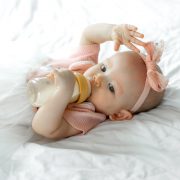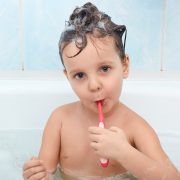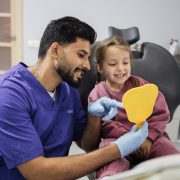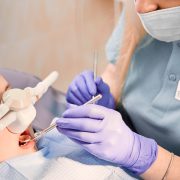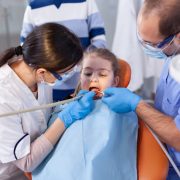4 Questions to Ask at Your Child’s Next Dental Appointment
Every visit to the pediatric dentist in Seminole and St. Petersburg, FL, is an opportunity to ask more questions about your child’s dental health. To make the most of your child’s dental appointment, it’s helpful to have questions prepared in advance. Below are four questions to ask the next time you bring your child to the dentist.
1. Should I be brushing my child’s teeth? When should my child start brushing their teeth without me?
Most parents have to help their children brush their teeth until they turn about 7 or 8 years old. Young children do not have the coordination or dexterity to brush their teeth.
When it’s time for your child to learn to brush their teeth, watch them do it the first several times. Don’t let your child start brushing their teeth independently until you’re sure they can do it well.
2. How can I tell if my child has a cavity?
Some kids show symptoms of a cavity when they’re experiencing one, while some don’t. Here are some warning signs to watch for:
- Pain or discomfort: Your child may experience a toothache or tooth sensitivity when they have a cavity.
- Bad breath: If your child’s breath smells even after they’ve brushed their teeth, this could be a sign of a cavity.
- Discoloration or hole in the tooth: You may be able to see the cavity! If you can, talk to the dentist.
3. What can I do to improve my child’s oral hygiene?
Replace your child’s toothbrush every three months, and be sure they’re brushing their teeth for two minutes each time.
4. How often should my child see the dentist?
Your child should see the dentist for pediatric dental exams and cleanings in Seminole and St. Petersburg, FL, every six months or as recommended by the dentist. To learn more, call today.





